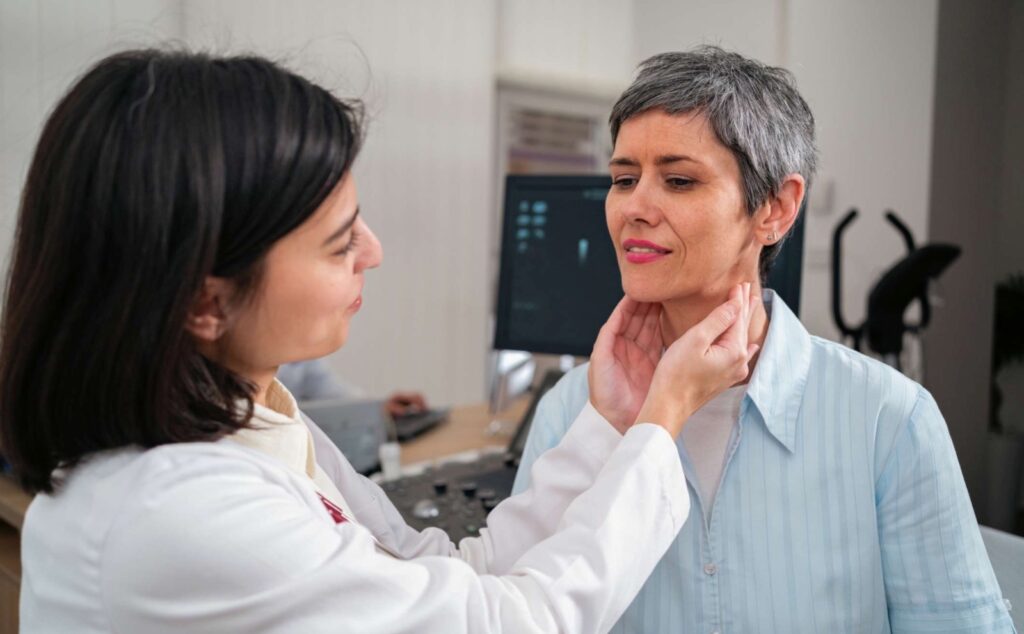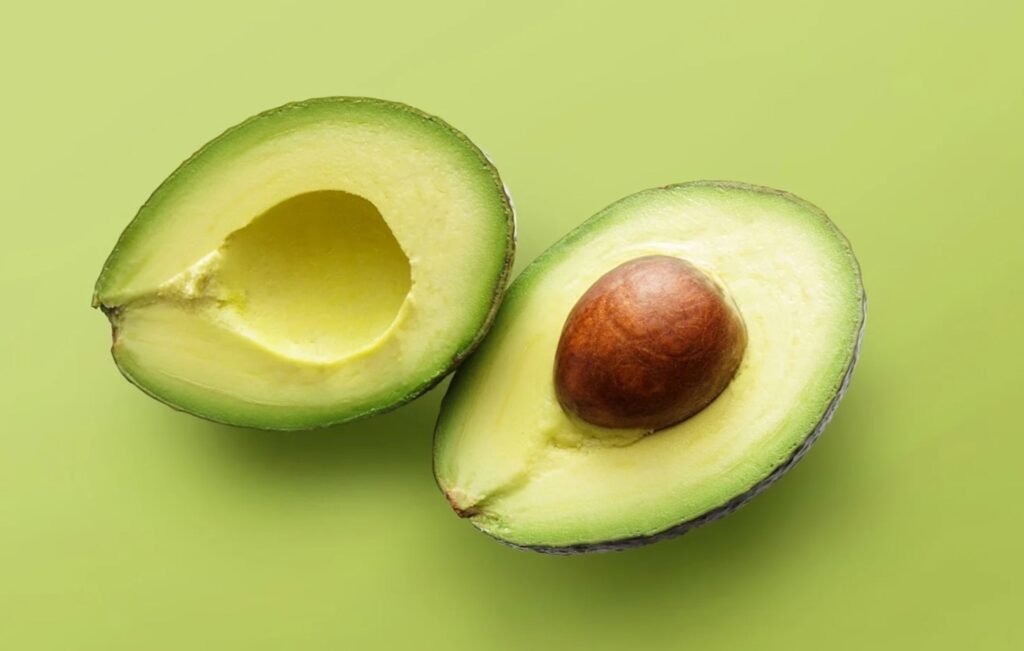The thyroid gland plays a crucial role in the human body by producing hormones that regulate metabolism, energy levels, and overall growth and development. These hormones, primarily thyroxine (T4) and triiodothyronine (T3), influence various bodily functions including:
- Heart rate
- Digestion
- Muscle control
- Brain development
- Bone maintenance
Proper thyroid function ensures that these processes occur efficiently, maintaining the body’s homeostasis. Without adequate thyroid hormone production, these vital processes can be disrupted, leading to significant health issues.
What is Hypothyroidism?
Hypothyroidism, also known as underactive thyroid, is a condition where the thyroid gland does not produce enough thyroid hormones. These hormones are crucial for regulating metabolism, energy production, and overall growth and development. Symptoms of hypothyroidism include fatigue, weight gain, cold intolerance, depression, and constipation.
Who is Prone to Hypothyroidism?
Hypothyroidism can affect anyone, but it is more common in certain groups. Women are more likely than men to develop the condition, particularly those over the age of 60. According to the American Thyroid Association, about 12% of the U.S. population will develop a thyroid condition during their lifetime. Additionally, those with a family history of thyroid disease, individuals with autoimmune diseases, and people who have received radiation therapy to the neck or upper chest are at increased risk.

Tests for Thyroid Disorder
Diagnosis of hypothyroidism typically involves:
Blood Tests: The primary test is the Thyroid Stimulating Hormone (TSH) test, which measures the level of TSH in the blood. High levels indicate hypothyroidism. Other tests include Free T4 and T3 tests to measure the actual thyroid hormones.
Antibody Tests: To detect autoimmune causes, such as Hashimoto’s thyroiditis, tests for thyroid peroxidase antibodies (TPO) may be conducted.
Imaging Tests: Ultrasound or radioactive iodine uptake tests can assess the size and function of the thyroid gland.
Conventional Treatment for Hypothyroidism
The standard treatment for hypothyroidism involves daily use of the synthetic thyroid hormone levothyroxine (T4). This medication normalizes hormone levels and alleviates symptoms. Regular monitoring and dosage adjustments are essential to ensure optimal treatment.
Helpful Dietary Guidelines For Hypothyroidism
Diet plays a significant role in managing thyroid health. Here are some guidelines:
Iodine: Essential for thyroid function. Sources include iodized salt, seaweed, fish, dairy, and eggs.
Selenium: Helps activate thyroid hormones. Found in Brazil nuts, tuna, sardines, and turkey.
Zinc: Crucial for thyroid hormone production. Good sources are beef, chicken, and pumpkin seeds.
Avoid Goitrogens: Certain foods like soy products, cruciferous vegetables (broccoli, cauliflower, cabbage), and peanuts can interfere with thyroid function when consumed in large quantities.

Yogasanas for a Healthy Thyroid
Yoga can support thyroid health by improving circulation and reducing stress.
Recommended poses include:
Sarvangasana (Shoulder Stand): Stimulates thyroid function.
Matsyasana (Fish Pose): Stretches and stimulates the thyroid and parathyroid glands.
Bhujangasana (Cobra Pose): Enhances blood flow to the thyroid.
A Self-Care Routine for Thyroid Health
A holistic self-care routine for managing hypothyroidism includes:
Balanced Diet: Incorporate nutrient-rich foods supportive of thyroid function.
Regular Exercise: Engage in both aerobic and strength-training exercises.
Adequate Sleep: Aim for 7-8 hours of quality sleep per night.
Stress Management: Practice mindfulness, meditation, or yoga to reduce stress.
Regular Check-ups: Schedule periodic visits with your healthcare provider to monitor thyroid function and adjust medication as needed.
Conclusion: Hypothyroidism Management
Hypothyroidism is a manageable condition with the right combination of medication, diet, exercise, and regular medical supervision. Adhering to a healthy lifestyle and staying informed about your condition can greatly improve your quality of life.
Disclaimer
This write-up is for informational purposes only. Always seek medical consultation and treatment from a professional tailored to your condition. For more detailed and personalized advice, please visit a healthcare provider.
